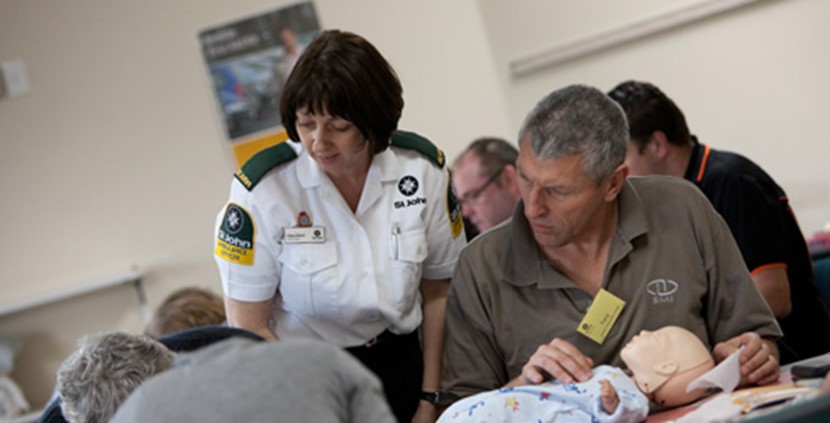In Case Of Emergency

On February 22 2011, New Zealand was literally rocked to its core when a 6.3 magnitude earthquake struck Christchurch, bringing death and destruction to the Garden City.
One of the most important lessons from that terrible day is the importance of being prepared. A natural disaster, such as an earthquake, could happen at any time.
It's important that you talk to your children so they know what to do in an emergency.
When you sit down for dinner tonight, why don't you broach the subject by asking them "what would happen if there was a fire/flood?" That'll get the conversation started, and from there you can work together to come up with an emergency plan for your family.
Involve them in the project with tasks appropriate to their age and development. You can practice dialling 111 with younger children (make sure the phone is off the hook first), and role-play a conversation where you act as the operator on the other end of the phone, and your child has to pretend "Mummy's fallen over and can't get up" (or some other example). Make it clear to them what constitutes an emergency - for instance "do we dial 111 when there's a fire?" "do we dial 111 when we can't find teddy?"
Your child can help you pack your emergency survival kit. Search online and you'll find plenty of retailers who sell them already made-up, or you can download the Household Emergency Checklist and Plan from the Government's www.getthru.govt.nz website here.

Remember the words of actor Peter Elliot in the government's "Get Thru" television ads, when he reminds us that we're not always home when an emergency happens. What about if your child is at day care? It's not a bad idea to have a card with all your family contact details on it in your child's school or kindy bag, and perhaps an out-of-town contact too in case communication in your own town is cut-off.
After the Christchurch earthquakes, the Ministries oF Civil Defence and Education reviewed their policies and have now published the Early Childhood Education Services Emergency Planning Guidance document.
It sets out five steps all early childcare providers should put in place to ensure the safety and wellbeing of their young charges in the unlikely event of an emergency.
Make sure your playcentre, preschool or kindergarten has a copy by clicking the link above and downloading it.

Also worth considering, so you can help yourself and others, is schooling up in First Aid. St John run regular Child First Aid Courses which teach CPR and choking management as well as how to deal with things like burns, poisoning and broken bones. Price: $54 for a four-hour course. Ph: 0800 FIRST AID (0800 347 782).
Published: February 2012

